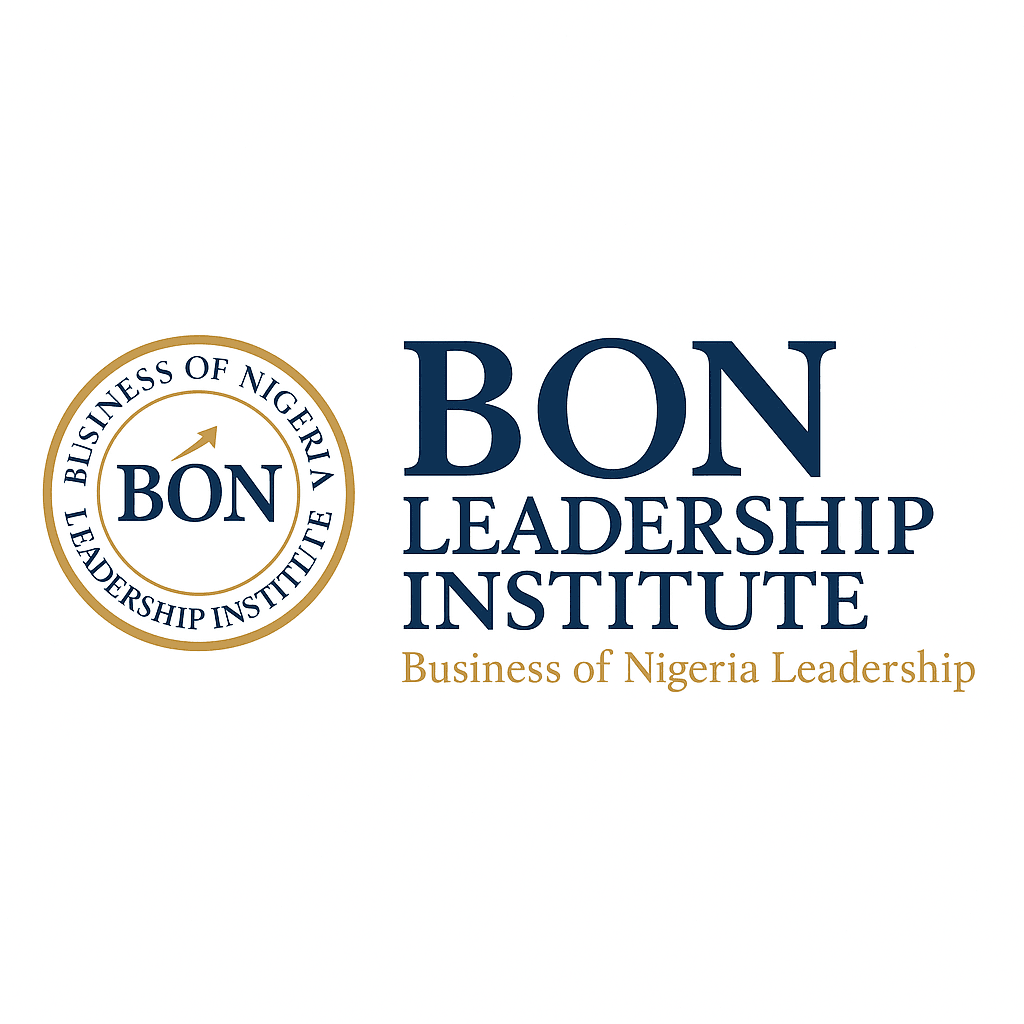Empowering Entrepreneurs: Khadijah Haliru's Guide to Building Sustainable Businesses
Introduction to Sustainable Entrepreneurship
In today's rapidly changing business environment, building a sustainable business is more than just a trend; it's a necessity. Khadijah Haliru, a renowned entrepreneur and business consultant, has dedicated her career to empowering budding entrepreneurs with the tools they need to create resilient and environmentally conscious enterprises.
Khadijah's approach focuses on integrating sustainability into the core of business operations, rather than treating it as an afterthought. This ensures long-term viability and aligns with modern consumer values. Her strategies are designed to help entrepreneurs not only survive but thrive in a competitive market.

Understanding the Foundations of Sustainability
Sustainability in business is about more than just environmental responsibility. According to Khadijah, it's about creating systems that support continuous growth without depleting resources. This involves considering economic, social, and environmental impacts in every decision made.
Khadijah emphasizes the importance of a holistic approach, where the well-being of employees, communities, and the planet are prioritized alongside profit. By adopting this mindset, entrepreneurs can build businesses that are adaptable and future-proof.
Key Elements of a Sustainable Business
Khadijah outlines several key elements that entrepreneurs should focus on when building sustainable businesses:
- Resource Efficiency: Implementing methods to reduce waste and optimize the use of materials.
- Community Engagement: Building relationships with local communities to ensure mutual growth and support.
- Innovation: Encouraging creativity and new ideas that promote sustainability.

The Role of Leadership in Driving Change
Effective leadership is at the heart of any successful sustainable business. Khadijah highlights that visionary leaders are those who can inspire their teams to embrace sustainable practices and lead by example. They must be willing to invest in training and development to build a culture of sustainability within their organizations.
By fostering a workplace environment that values sustainability, leaders can drive significant change both internally and externally. This not only improves the company's reputation but also attracts like-minded partners and customers.
Building Resilience Through Innovation
Innovation is a crucial component of sustainability. Khadijah encourages entrepreneurs to think creatively about how they can incorporate sustainable practices into their products and services. This could mean redesigning products to be more eco-friendly or developing new business models that emphasize shared resources.

By continuously seeking out innovative solutions, businesses can stay ahead of industry trends and position themselves as leaders in sustainability. This forward-thinking approach not only benefits the planet but also creates new opportunities for growth and differentiation in the marketplace.
Conclusion: The Path Forward
Khadijah Haliru's guide to building sustainable businesses provides entrepreneurs with a roadmap to success. By focusing on resource efficiency, community engagement, and innovation, businesses can create lasting positive impacts on the world around them.
Entrepreneurs who embrace these principles will find themselves better equipped to tackle the challenges of the future while contributing to a more sustainable world. With Khadijah's insights, the journey towards sustainable entrepreneurship becomes not only achievable but deeply rewarding.
